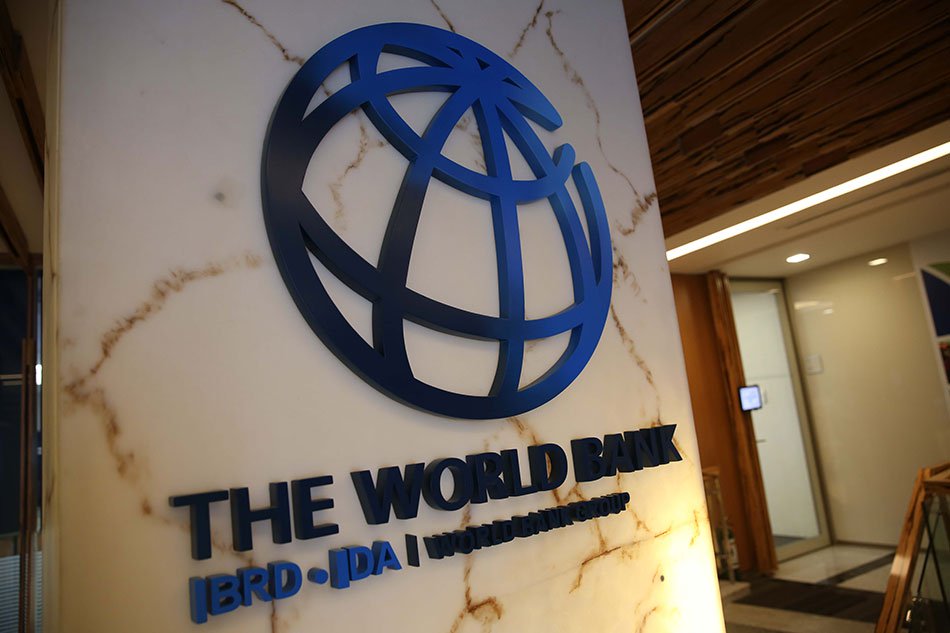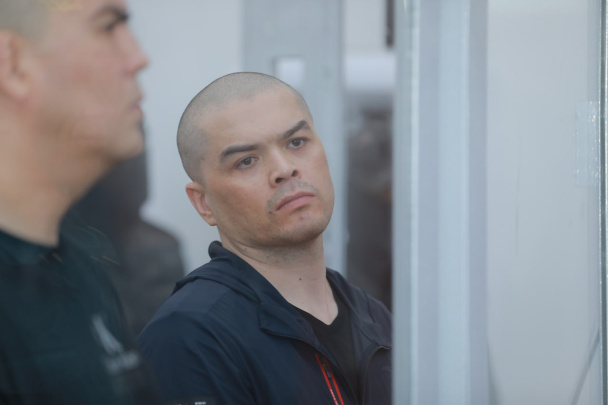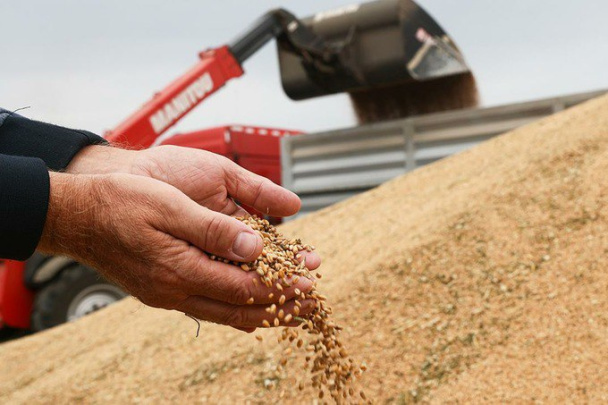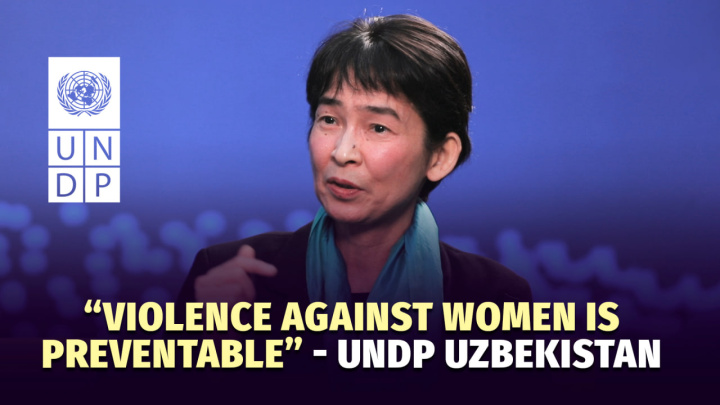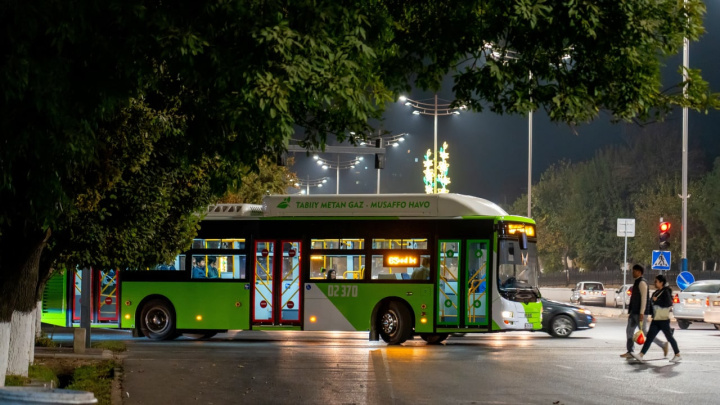As of February 2019, the World Bank’s investment portfolio in Uzbekistan includes 19 projects with an aggregate size of about $3,4 billion, WB vice-president for Europe and Central Asia Cyril Muller said during a visit to the republic.
According to him, since beginning of the implementation of large-scale reforms in Uzbekistan in 2017, the scale and nature of cooperation with an international financial institution has increased. So, today the World Bank program in the republic is among the top three of its largest operations in the region covered.
Among them, there are projects implemented by the government in order to develop infrastructure and carry out structural reforms in agriculture ($800 million), water supply ($322 million), irrigation ($359 million).
The volume of financing projects in the energy sector is $614 million, transport - $271 million, healthcare - $241 million, education - $92 million, urban development - $120 million, and support in implementing macroeconomic reforms - $500 million.
Cyril Muller also noted the importance of citizen support for reforms. In particular, referring to the results of the study “Listening to the citizens of Uzbekistan” conducted by the WB since 2018 among more than 4,000 households in all regions of the country, he said that 95% of respondents are optimistic about the country's economic future.
Most citizens positively assess key government reforms, for example, unification of the exchange rate in September 2017. About 80% of those polled said that they welcomed the increased opportunities for interaction with the authorities on significant political issues.

